Introduction to Automation in the Modern World
Automation has transitioned from a visionary concept to a fundamental element of modern society, demonstrating a remarkable journey from its initial use in manufacturing to its current widespread application across various industries. This transformative force is continuously reshaping our professional and personal lives, signaling a significant evolution in the way we interact with technology. As we delve into this evolution, it's essential to recognize the broad impact of automation, not just in enhancing efficiency and productivity but also in creating new opportunities and challenges that influence our day-to-day existence and future prospects.
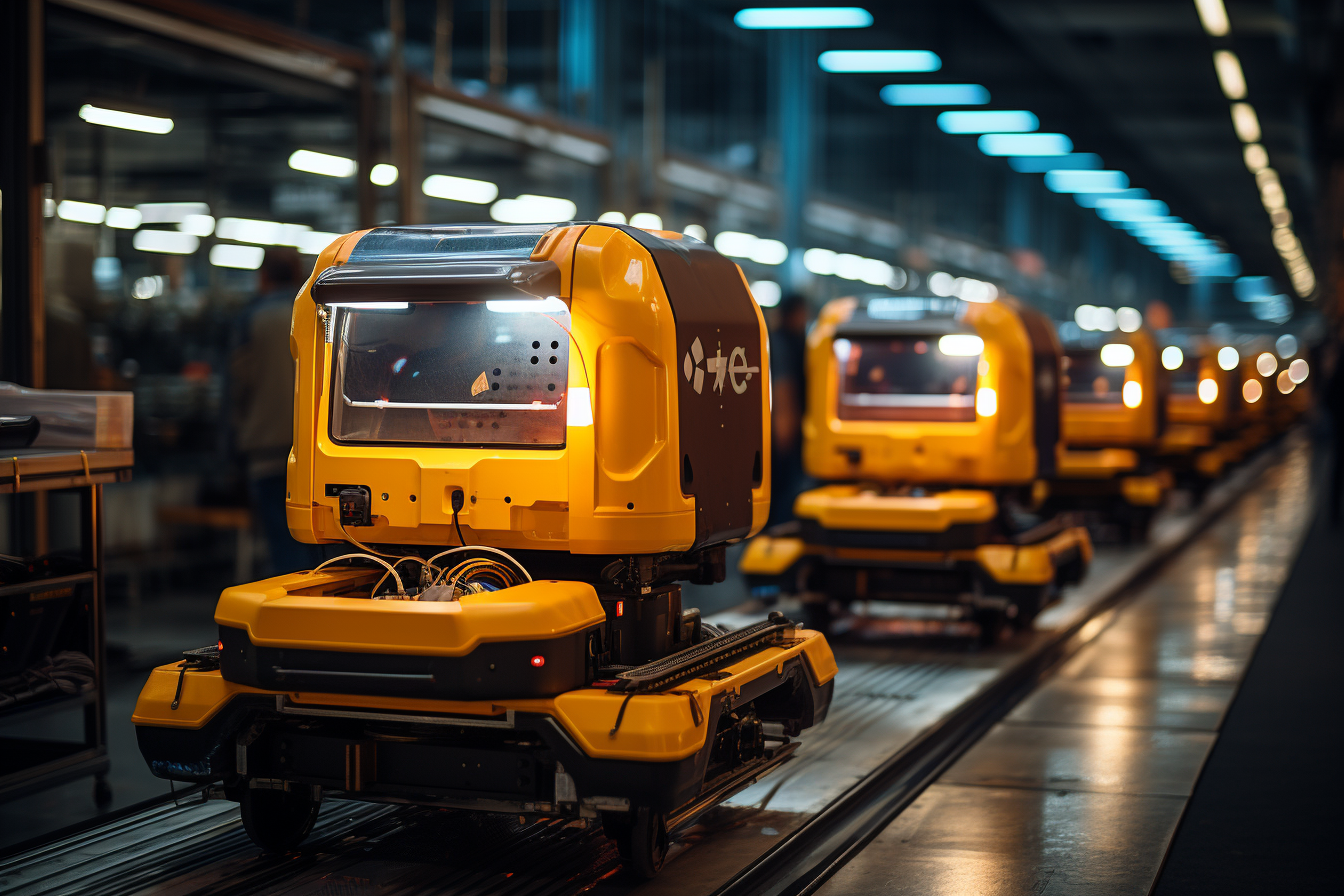
Evolution of Automation: A Quick Dive
The narrative of automation's evolution is deeply rooted in the industrial revolution, laying the groundwork for its pivotal role today. With the 21st century ushering in unprecedented technological advancements, we're witnessing a paradigm shift in how tasks are performed. The fusion of increasingly sophisticated software with state-of-the-art machinery has catalyzed this transformation, enabling machines to execute tasks that were once solely within the human domain. This shift not only showcases the leap in technological capabilities but also heralds a new era of efficiency and innovation, as automation becomes more integrated into the fabric of everyday life.
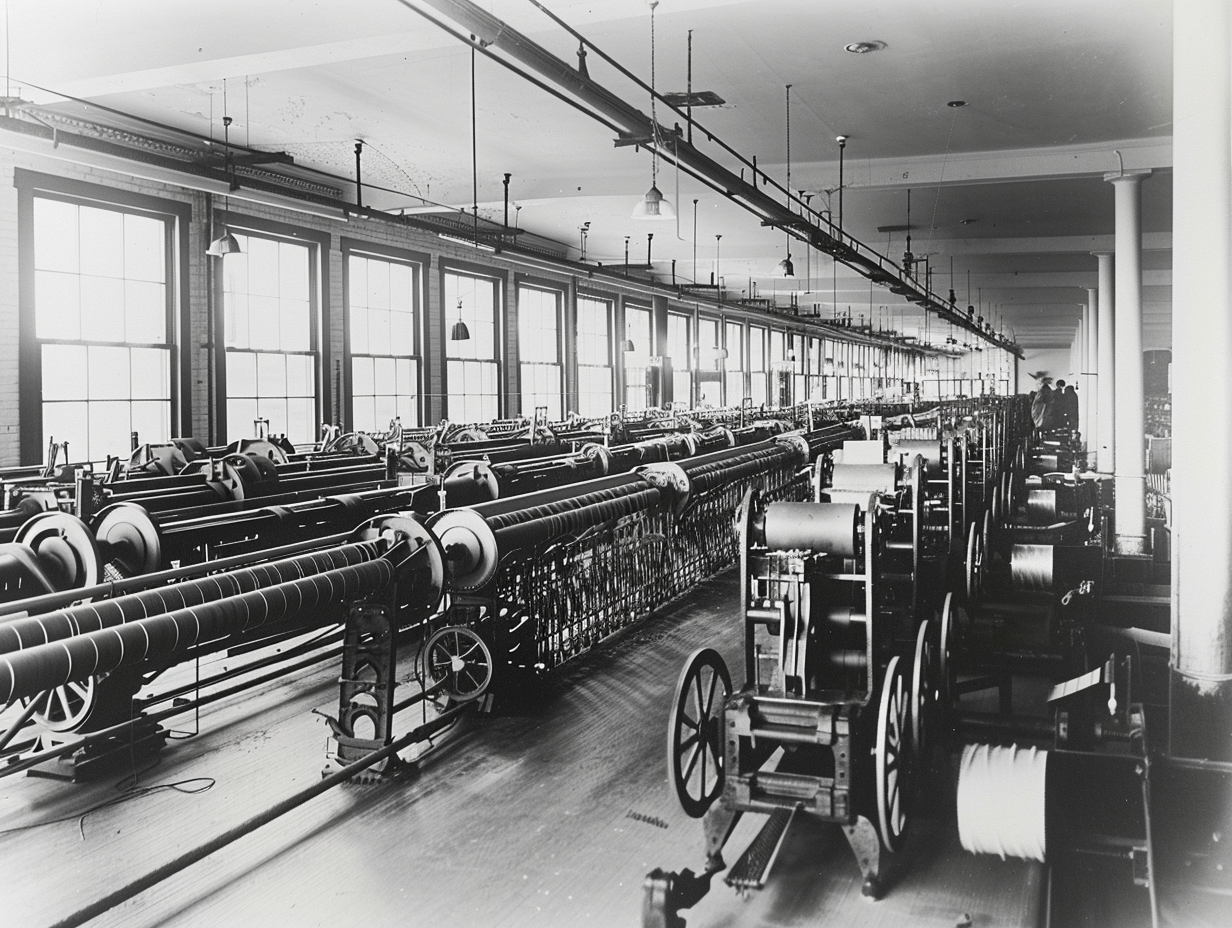
Understanding Automation Technologies and Tools
The concept of automation transcends a simple definition, encompassing a diverse spectrum of tools and technologies, from robotics to the nuanced realms of artificial intelligence (AI) and machine learning (ML). This variety mirrors the dynamic nature of industries that continually adapt, thus fueling the demand for more sophisticated automation solutions. As these sectors evolve, the role of automation broadens, necessitating innovative approaches to harness its full potential. This evolution is not just technological but also conceptual, reflecting a deeper integration of automation in transforming work and creating value.

The Rising Wave: Automation's Growth in Recent Years
The increasing reliance on automation reflects a widespread desire among businesses to enhance efficiency and reduce costs. This drive has led to a significant surge in the deployment of automated solutions across various operations, marking a notable trend in organizational strategy to leverage technology for operational excellence and financial advantage.
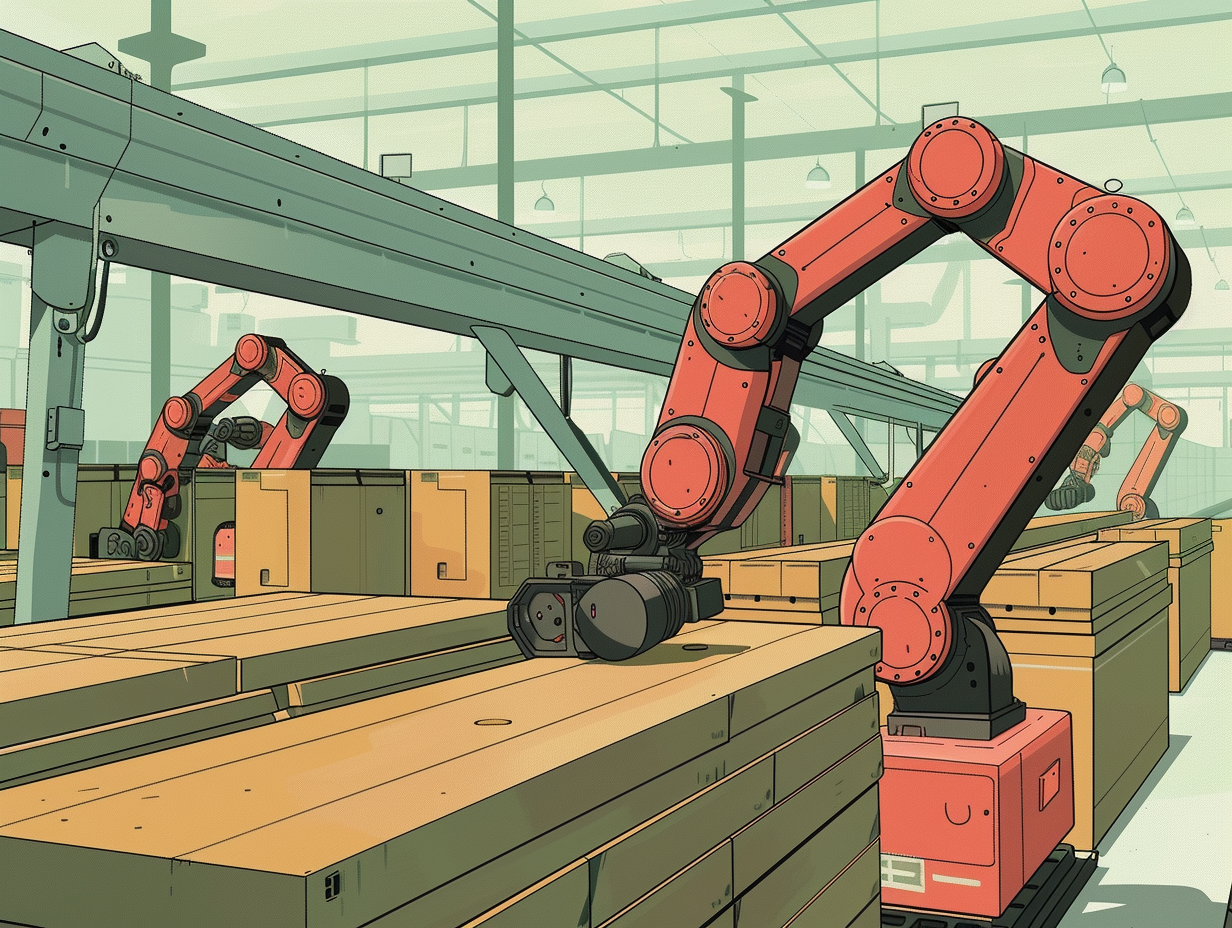
Key Industries Embracing Automation
The impact of automation is notably significant across sectors like manufacturing, logistics, healthcare, and finance, where it's been a catalyst for enhancing operational efficiency and accuracy. These industries exemplify the transformative power of automation, showcasing its ability to optimize processes and improve outcomes.
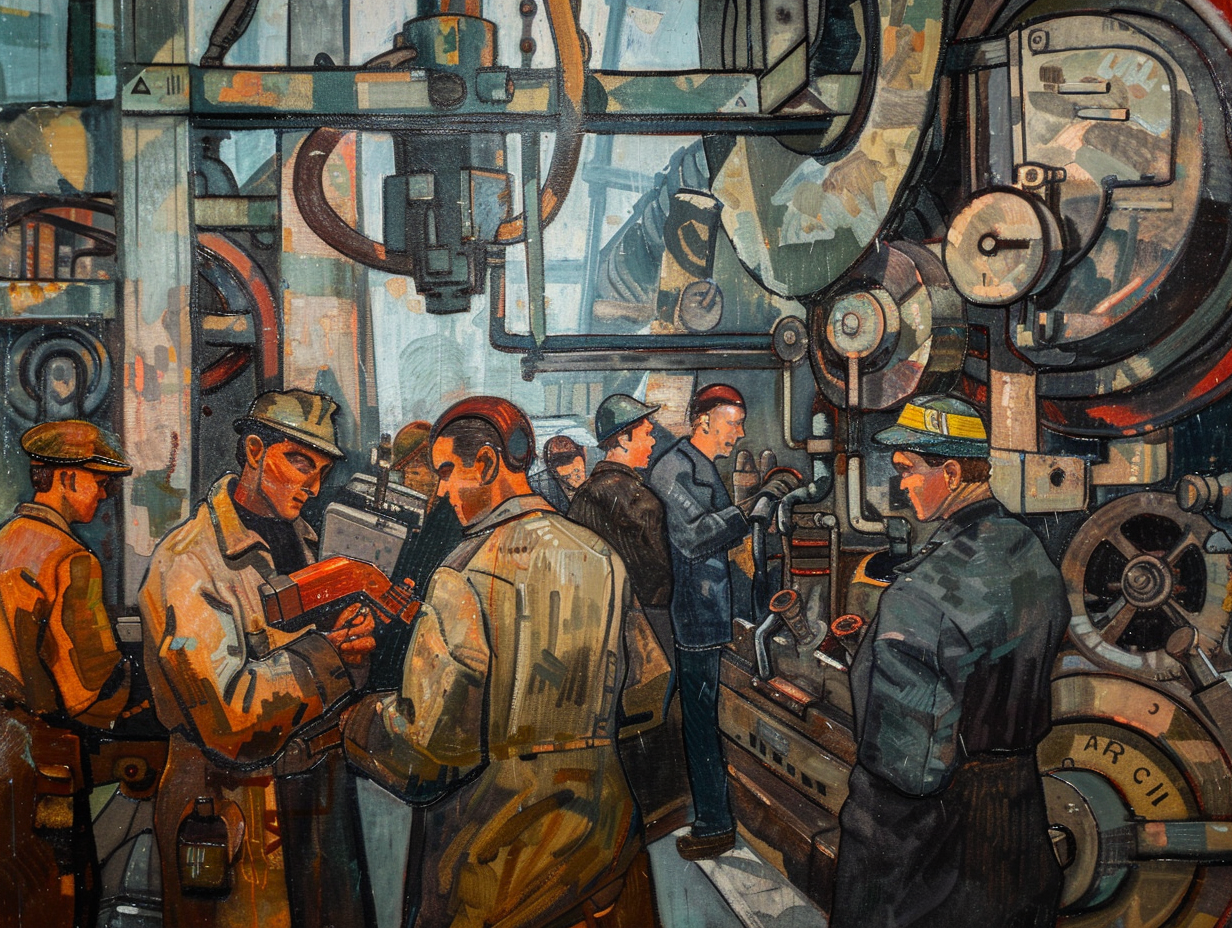
The Direct Impact on the Job Market
The advent of automation heralds a pivotal shift in the job market landscape, introducing both opportunities and challenges. As we explore these changes, it's crucial to consider the nuanced impacts on employment types, skills demand, and the evolving nature of work itself, reflecting a transformative period in the global economy.
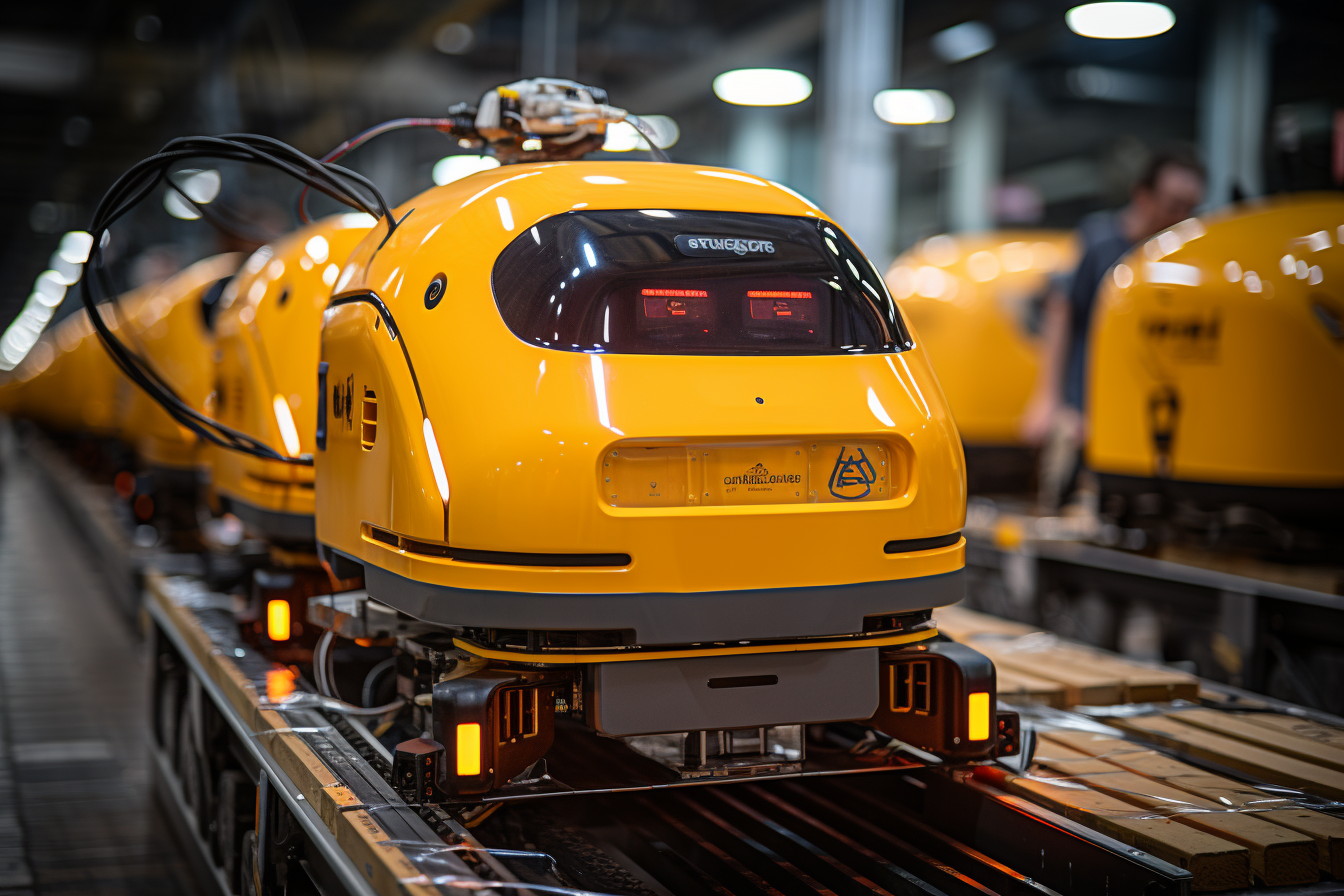
Jobs Lost to Automation
The impact of automation is multifaceted, leading to the obsolescence of certain roles, particularly in sectors like manufacturing where traditional assembly line jobs are in decline. This shift underscores the transformative effect of automation on the labor market, necessitating adaptation and reskilling to align with new technological demands.

Jobs Created by Automation
The rise of automation has led to the emergence of new, highly specialized job roles. Professions such as data scientists, machine learning experts, and automation specialists are increasingly in demand, reflecting the need for skills that can design, implement, and manage advanced technological systems. This shift highlights the evolving landscape of the workforce, where expertise in data analysis, AI, and automation technologies becomes critical for the development and competitive edge of businesses.

The Changing Nature of Work
The changing landscape of work underscores the growing importance of adaptability and technological proficiency. Automation's increasing role necessitates these skills, transitioning them from advantageous traits to essential components for success in the modern job market. This shift emphasizes the need for workers to continuously update their capabilities to keep pace with technological advancements.

Adapting to the Automated World: The Need for Reskilling
Amidst the swift pace of technological advancements, the necessity for individuals to adapt through reskilling has become more pronounced. This push towards acquiring new skills or enhancing existing ones is a critical response to the challenges and opportunities presented by automation, emphasizing the importance of flexibility and continuous learning in navigating the evolving job market.

Essential Skills in the Age of Automation
In today’s evolving job market, a blend of technical skills, critical thinking, and problem-solving abilities are highly valued. However, the significance of soft skills, such as emotional intelligence and adaptability, cannot be overlooked. These soft skills play a crucial role in navigating complex workplace dynamics and fostering successful collaborations, marking them as equally important for professional growth and resilience in the face of rapid technological changes.

Transitioning from Traditional to Tech-Centric Roles
The transition away from traditional job roles, influenced by automation, doesn't signal an end to career paths but rather an opportunity for transformation. Embracing the right training and mindset facilitates a smoother shift to roles centered around technology, emphasizing the potential for growth and adaptation in the face of changing industry demands.

The Economic Ramifications of Automation
The influence of automation extends to the economy, affecting GDP growth and wage dynamics, leading to a constantly evolving economic landscape. This reflects the significant role automation plays in shaping financial trends and labor markets, underscoring the need for adaptation in economic policies and workforce development strategies.
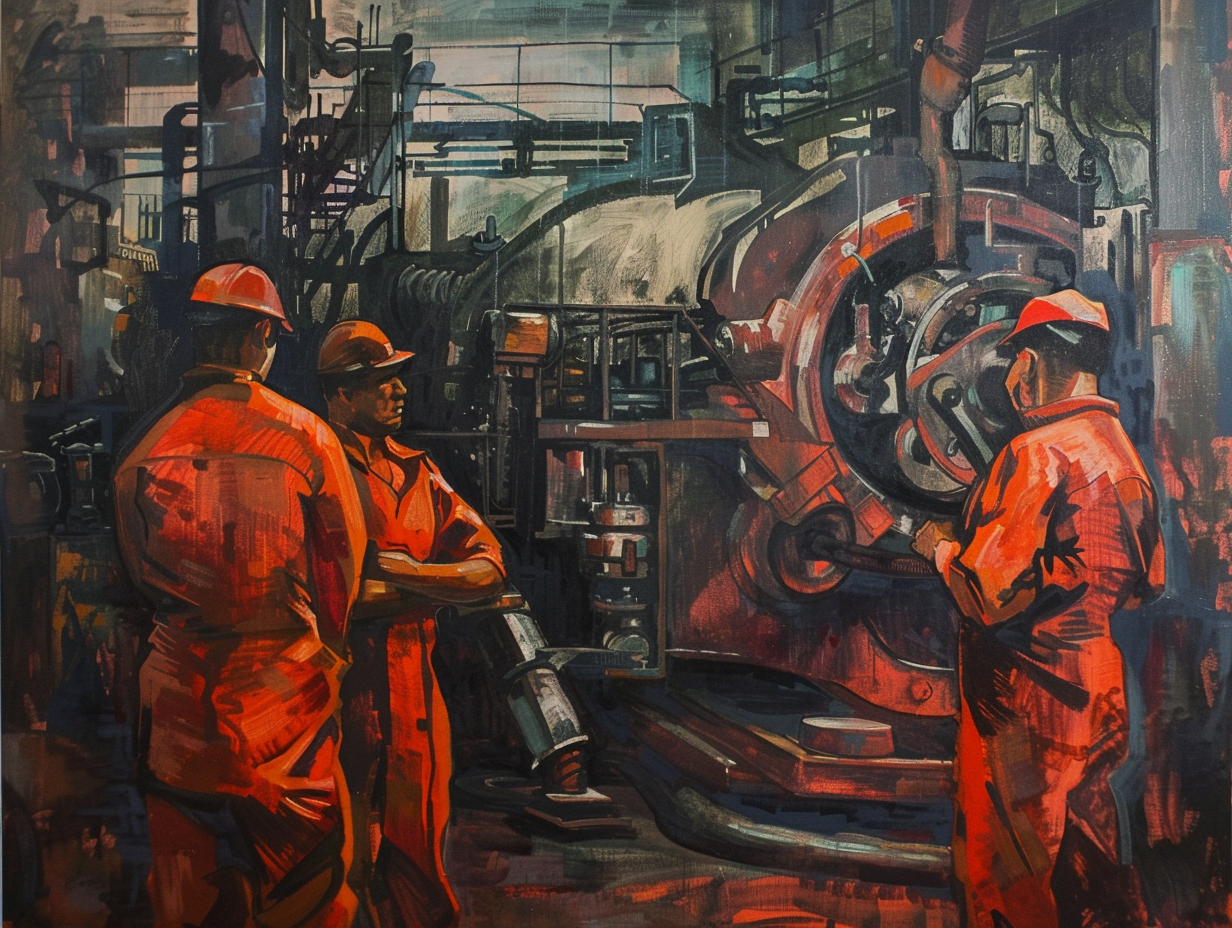
GDP Growth and Automation: What's the Link?
Throughout history, countries that have adopted automation extensively experienced notable increases in GDP. This is because automation significantly boosts productivity levels, which in turn, propels economic growth by enhancing the efficiency and output of various sectors.

Wage Dynamics in an Automated Economy
Concerns about wage stagnation amid automation might persist, yet emerging data paints a different picture. The evolution and specialization of roles due to technological advancements hold the promise of wage growth across various sectors, suggesting a complex interplay between automation, job transformation, and economic compensation.

The Psychological and Social Implications
The effects of automation extend beyond measurable economic and productivity metrics, touching on the psychological and social aspects of human life. This encompasses the way individuals perceive their roles in an automated workplace and the broader societal impacts, including changes in social structures and the workforce's psychological well-being.

Employee Morale in Automated Environments
In the workplace, reactions to automation vary widely, with some employees feeling threatened by the potential loss of jobs, while others view it as an opportunity for growth and efficiency. This diversity in perception requires businesses to carefully manage the transition to automated processes, aiming to cultivate a work environment where innovation is embraced, yet employee concerns are addressed sensitively and constructively. Balancing these aspects is crucial for maintaining harmony and fostering a positive organizational culture.

Societal Acceptance and Concerns
The widespread acknowledgment of automation's benefits is tempered by concerns over job displacement and growing economic inequality. This duality reflects a societal challenge: leveraging automation for progress while addressing its implications for workforce dynamics and socioeconomic disparities.

Pros and Cons of Automation in the Job Market
Automation enhances efficiency and fosters innovation but also sparks job security concerns and a skills gap. This juxtaposition highlights the need for strategies that mitigate adverse impacts while maximizing automation's benefits.

The Road Ahead: Predictions for the Future
Acknowledging an automated future doesn't mean facing a bleak outlook. By adopting proactive strategies, individuals and organizations can address the challenges and capitalize on the opportunities provided by automation. This approach allows for the navigation through potential disruptions while embracing the benefits automation brings to efficiency, innovation, and the job market.

Preparing for a More Automated Tomorrow
The key to thriving in an automated future lies in embracing education, reskilling, and a culture of lifelong learning. It's about harmonizing with automation to leverage its capabilities, rather than opposing it. This mindset shift is vital for personal and professional growth in a rapidly changing technological landscape.

Case Study: The Impact of Automation on the Job Market
Analyzing real-world examples of automation's impact on employment provides valuable insights into its broader effects, highlighting shifts in job types, industry demands, and the necessary skills for the future workforce. Such analysis can reveal both the challenges and opportunities presented by automation, emphasizing the importance of strategic adaptation in both policy and practice.
 FAQs
FAQs
How does automation enhance manufacturing efficiency? Automation significantly boosts manufacturing efficiency by enabling high precision, improving safety, and increasing production rates. This leads to higher quality outputs and advancements in industrial processes.
Can automation alone be blamed for job losses? No, automation is just one factor among others like globalization and economic shifts that affect job markets. A holistic view is essential to understand its impact fully.
Are all industries equally affected by automation? No, the impact varies. Manufacturing and logistics feel immediate effects, while other sectors might experience gradual changes, reflecting automation's diverse influence.
Is it possible to reverse automation trends? Reversing automation isn't the goal; adapting to technological advancements offers new growth and innovation opportunities for industries and the workforce.
Which roles are less likely to be automated? Jobs requiring emotional intelligence, creativity, and complex decision-making, such as artists and therapists, are less susceptible due to the unique human capabilities they demand.
How can individuals stay relevant in an automated job market?
Staying relevant requires continuous learning and skill development. Embracing adaptability and pursuing upskilling opportunities are key strategies for navigating employment changes due to automation.
Conclusion: Embracing the Inevitable Shift
As automation solidifies its presence across various sectors, embracing this change becomes crucial for future success. Being proactive, informed, and prepared allows us to leverage automation for our benefit, turning potential challenges into opportunities for growth and innovation. The future will likely be shaped by those who view automation as a tool for enhancing human capabilities rather than a replacement, emphasizing the importance of adaptability and lifelong learning in this new era.

